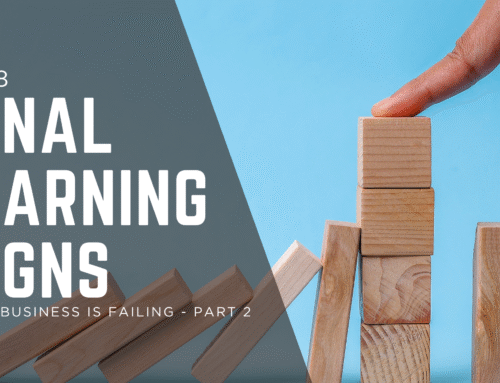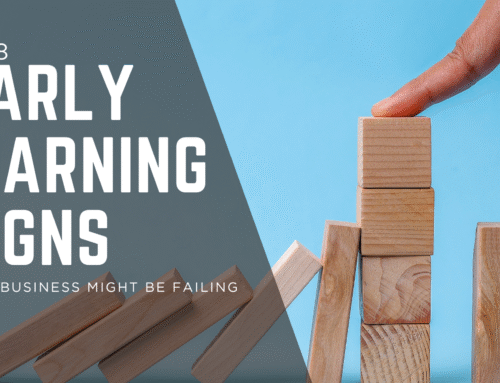
Your 30s bring increased income and experience, but also greater financial responsibilities. While you’re better off than in your 20s, these common mistakes can derail your progress if you’re not careful.
1. Buying a House That’s Too Expensive
While homeownership is a great goal, a larger house doesn’t always mean a better investment. Many people in their 30s put themselves through unnecessary financial stress by buying more house than they need or can afford.
The hidden costs of an oversized home:
- Bigger mortgage payments
- Higher property taxes
- Increased utility bills
- More maintenance and repair costs
🏡 Smart Home Buying StrategyStart with a modest home that fits your current needs and budget. You can always upgrade later as your net worth grows and your family expands.
2. Not Having a Proper Budget
While budgeting should start in your 20s, it becomes critical in your 30s when you have a family to support and a mortgage to pay. To truly control your money, you need to know where it’s going and plan before you spend.
The 50/20/30 Budget Rule for Your 30s
💰 Your Financial Allocation Guide
- 50% – Essential Expenses (housing, transportation, utilities, groceries, basic family needs)
- 20% – Savings & Investments (retirement, emergency fund, other investments)
- 30% – Lifestyle Choices (dining out, entertainment, vacations, gadgets)
3. Trying to Keep Up With the Joneses
In your 30s, it’s tempting to judge wealth by material possessions. Remember: people living in luxury homes aren’t necessarily wealthy, and those in modest neighborhoods might be millionaires.
The reality check: When your friend buys a new SUV, they’re often just signing up for more debt. Those with nicer things aren’t necessarily more financially secure.
What to focus on instead:
- Take pride in your savings and investments
- Value financial security over flashy possessions
- Enjoy the freedom that comes from living within your means
Your 30s Financial Advantage
This decade is your prime wealth-building years. You have more income than in your 20s and more time to compound growth than in your 40s. By avoiding these three common mistakes, you’ll build a solid foundation for long-term financial success.
“A wealthy person is simply someone who has learned how to make money when they’re not working.” – Robert Kiyosaki
Missed our post on financial mistakes in your 20s? Read it here to complete your financial education across decades!
Struggling with financial planning in your 30s? Schedule a consultation to create a budget and investment strategy that works for your life stage.







